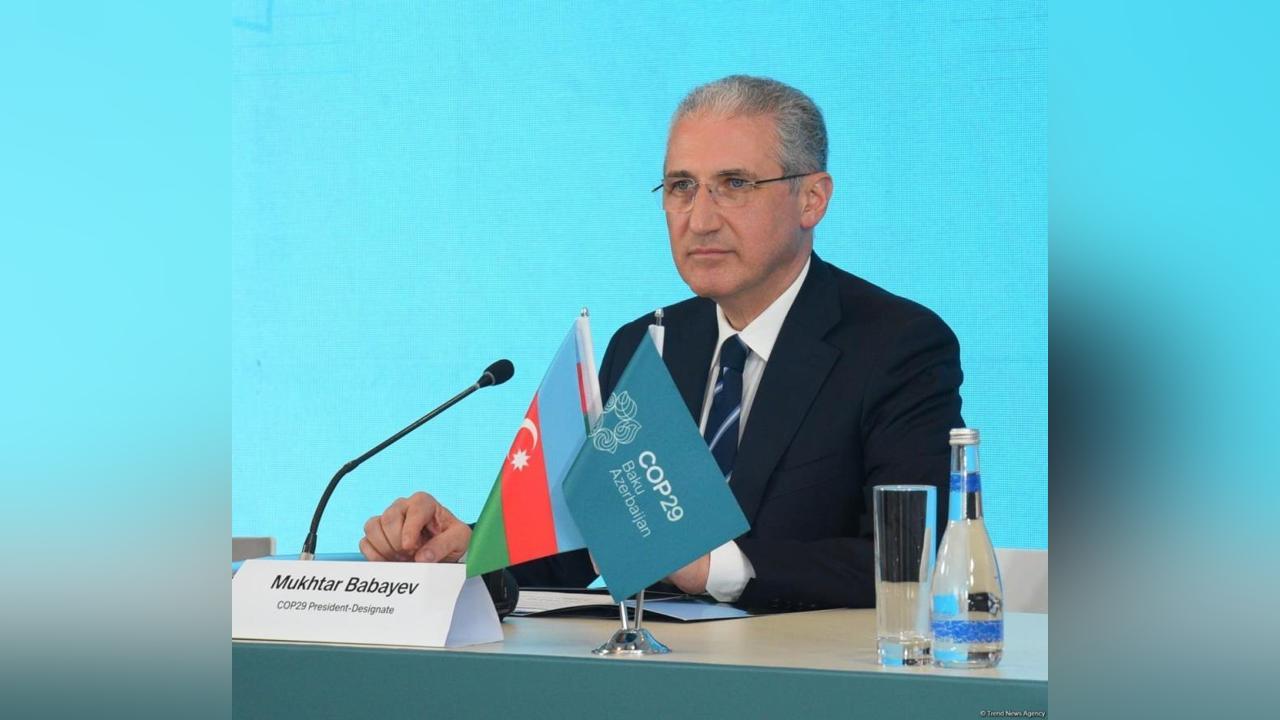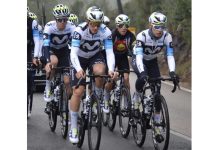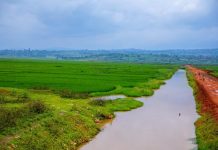Africa-Press – Rwanda. Countries at the UN annual climate summit (COP29) underway in Baku, Azerbaijan, on Monday, November 11, secured a breakthrough by agreeing on rules for a United Nations-administered global carbon market that would fund projects which seek to reduce greenhouse gas emissions.
The development is expected to form the gold standard for emissions trading, unlocking billions in finance for emissions mitigation projects in the developing world.
Under the deal, buyers mostly in the developed world, would be able to meet their climate goals by buying credits from projects that cut pollution. Dubbed “Article 6.4,” the rules stipulate how countries should trade carbon credits through a UN-operated marketplace.
In his media briefing on Tuesday evening, COP29 President Mukhtar Babayev hailed the development, noting that it, among others, allows for crucial ground rules for setting a market in motion after discussions had been log-jammed due to disagreements on their integrity, or how to make sure that any promised emissions reductions are additional and can be easily verified.
Babayev maintained that a final agreement on Article 6 is “long overdue” and called it critical to “ensure that protecting the planet pays.”
However, negotiators still need to agree on rules for Article 6.2, which sets the framework for bilateral trade.
“By matching buyers and sellers efficiently, such markets could reduce the cost of implementing NDCs by 250 billion dollars a year,” Babayev pointed out, adding that the figure is essential in a world where every dollar counts.
The global carbon market framework which has been in the making for years could start as soon as next year (2025), he added.
Ordinarily, carbon credits theoretically allow countries or companies to pay for projects anywhere on the planet that reduce CO2 emissions or remove it from the atmosphere and use credits generated by those projects to offset their own emissions.
Countries in the developing world, Rwanda inclusive, have since launched their national carbon market framework.
More work needs to be done
The current carbon market framework still has “significant issues”, according to climate analysts. For Professor Abbias Maniragaba, a climate researcher based in Kigali, one of the key issues is to assess how projects would deal with the so-called reversal risks where stored carbon leaks back into the atmosphere, such as through fire or potentially natural hazards.
“And other key aspects of the overall framework need to be negotiated especially with putting more focus on the developing countries,” he said, maintaining that the development at COP29 brings closer a long-sought carbon market trading in high-quality credits.
He explained that carbon credits are generated by activities that reduce greenhouse gas emissions, like planting trees, protecting carbon sinks, or replacing polluting coal with clean-energy alternatives.
One credit equals a ton of prevented or removed heat-trapping carbon dioxide.
“There is still a long way from halving emissions this decade but wins on carbon markets at COP29 will accelerate the race. Negotiators must ensure that developing countries benefit from new flows of finance,” Maniragaba said.
The context
Since the Paris climate agreement in 2015, UN officials have been crafting rules to allow countries and businesses to exchange credits in a transparent and credible market.
The benchmarks adopted in Baku will allow for the development of rules including calculating how many credits a given project can receive. According to the Azerbaijani government, carbon trading “is the second major expected deliverable of COP29.”
“Current turnover in the carbon markets is about 2.2 to 2.5 billion dollars. If operationalized, as desired, this figure can be increased multiple times, providing additional contributions to global climate finance,” Azerbaijan’s foreign ministry said in an earlier statement.
Purchasing countries could then put carbon credits toward achieving the climate goals promised in their national plans.
For More News And Analysis About Rwanda Follow Africa-Press






